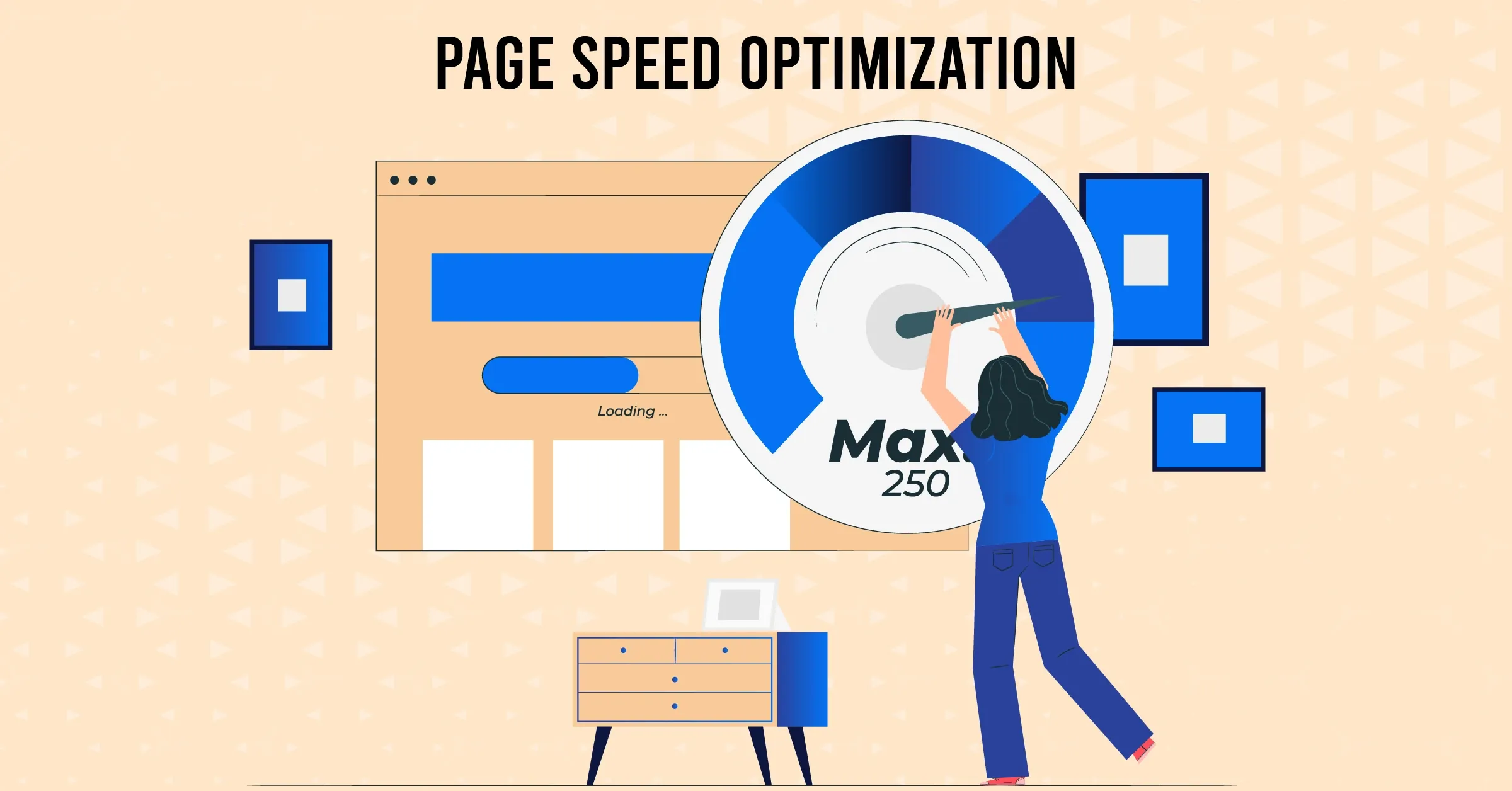Content
Focus Approach
Project Agreement Form
3.9KB
Follow on:


Improve your website’s load time for a seamless user experience and better search engine rankings. Fast-loading pages reduce bounce rates, enhance user engagement, and contribute to higher conversion rates. Our page speed optimization services ensure your site performs efficiently on both desktop and mobile devices, leading to improved SEO performance.
Our services include:
Content
Focus Approach
Increase
Conversions
Create Brand
Awareness
Page speed directly impacts user experience and search engine rankings. Faster loading pages reduce bounce rates and increase engagement, leading to better rankings on Google and other search engines.
Several factors influence page speed, including large image sizes, unoptimized code (HTML, CSS, JavaScript), server response times, lack of caching, and excessive use of plugins or external scripts.
You can use tools like Google PageSpeed Insights, GTmetrix, or Pingdom to analyze your website’s loading time and identify areas for improvement.
A slow-loading site frustrates users, leading to higher bounce rates and lower engagement. Fast pages provide a smooth experience, increasing the likelihood of users staying longer and converting.
Image compression reduces the file size of images without significantly affecting their quality. This helps pages load faster by minimizing the amount of data that needs to be transferred to users' devices.
Lazy loading delays the loading of images and videos until they are visible on the user’s screen, speeding up the initial page load and reducing the amount of data downloaded upfront.